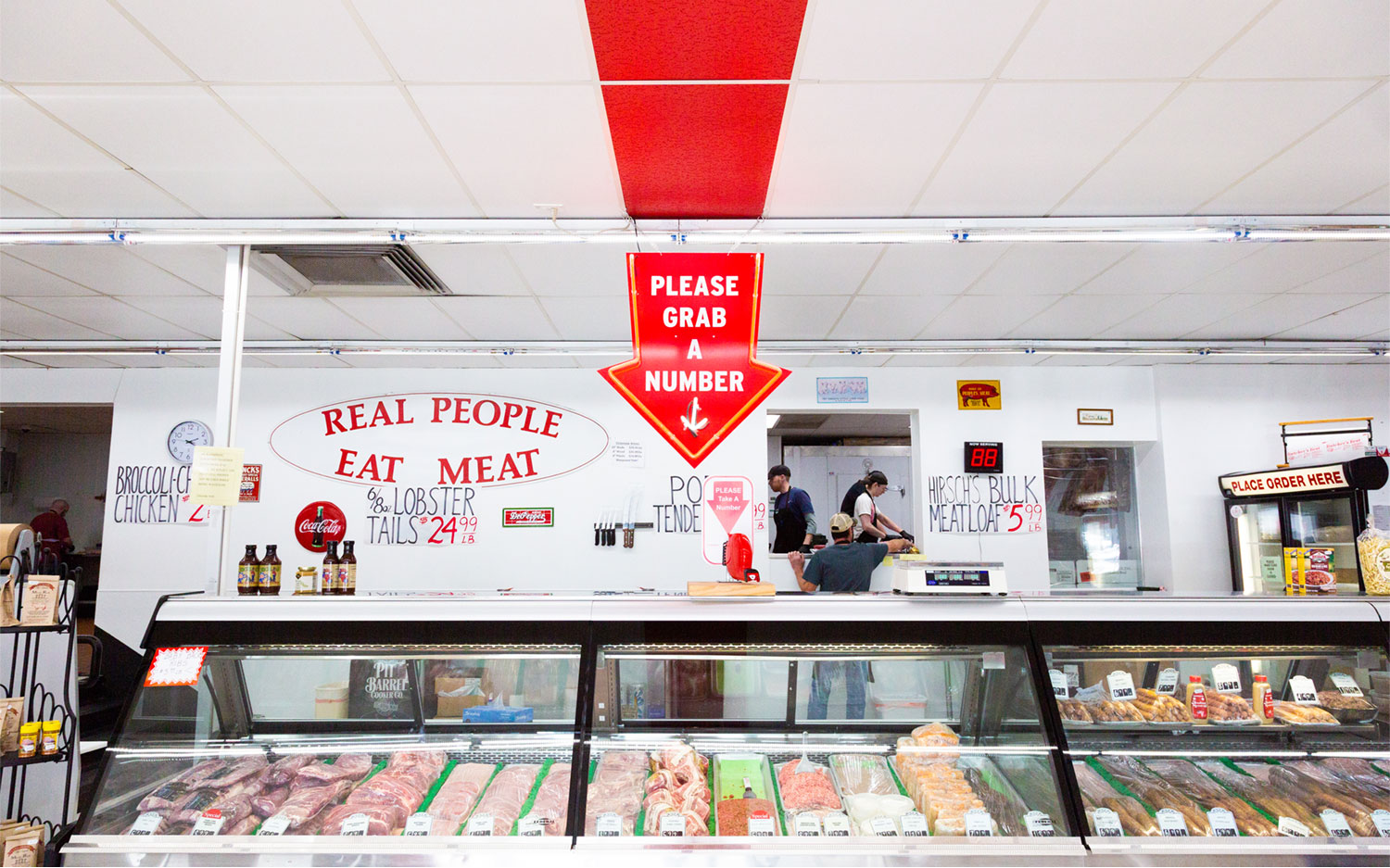Why Buying at a Farmers Market Supports Local Farmers and Your Area
Shopping at a farmers market offers as a tangible means of sustaining regional farmers while simultaneously boosting the economic fabric of your community. Consider the effect this has on neighborhood economic situations and food systems.
Economic Benefits of Farmers Markets

Farmers markets considerably contribute to regional economic climates by cultivating direct sales in between producers and customers. Such reinvestment not only improves productivity yet likewise sustains local farming tasks.
In addition, farmers markets boost financial activity within the bordering area. By bring in consumers who might also purchase from neighboring businesses, these markets help to create a vivid neighborhood ecosystem. The influx of customers encourages foot traffic, which profits shops, restaurants, and cafes, inevitably resulting in a multiplier effect that enhances the general economic situation.
In addition, farmers markets frequently act as a system for small-scale business owners and craftsmens, allowing them to display and sell their products. This diversification of local offerings can improve community identity and pride. Moreover, lots of markets accept alternate types of settlement, such as food stamps or vouchers, ensuring that fresh fruit and vegetables is accessible to a broader group, hence promoting economic inclusivity. In general, the financial advantages of farmers markets expand far beyond direct sales, fostering a resistant and robust local economic climate.
Quality and Quality of Generate
The unparalleled freshness and high quality of produce discovered at farmers markets are essential elements that attract customers seeking healthy and tasty options. Unlike supermarket offerings, which usually undergo long transportation times and storage durations, the fruits, vegetables, and various other items available at farmers markets are typically harvested just days or even hours before being marketed. This immediacy ensures that the nutrients, flavor, and structure are protected, giving an exceptional culinary experience.
Additionally, farmers markets usually include seasonal produce, enabling consumers to enjoy fruits and veggies at the peak of their ripeness. Local farmers take pride in their expanding practices, frequently using lasting approaches that improve the quality of their produce.
The direct connection in between the farmer and the customer at these markets promotes transparency relating to agricultural practices, better guaranteeing shoppers of the top quality of their purchases. Consequently, customers can with confidence sustain their health and wellness while appreciating the rich flavors that originate from neighborhood, freshly collected fruit and vegetables.
Building Community Relationships
Neighborhood partnerships thrive at farmers markets, where regional producers and customers participate in meaningful interactions. farmers market edwardsville il. These markets function as vivid neighborhood centers, fostering connections that expand past mere deals. Buyers have the special opportunity to fulfill the really farmers that expand their food, promoting a much deeper gratitude for farming methods and the challenges faced by regional producers
This direct interaction builds depend on and loyalty, allowing consumers to support the very individuals who add to their neighborhood's economic climate and vigor. These interactions frequently lead to the sharing of understanding regarding seasonal produce, food preparation tips, and lasting practices, enriching the neighborhood's collective understanding of food systems.
In addition, farmers markets create a sense of belonging, as individuals from diverse histories come with each other to commemorate local society and shared values. Inevitably, shopping at farmers markets is not simply about buying food; it is about supporting neighborhood bonds that contribute to a resistant and thriving neighborhood ecosystem.
Encouraging Sustainable Practices
At farmers markets, lasting techniques are not only encouraged but actively promoted, producing a system for ecologically mindful intake. These markets typically include neighborhood farmers that utilize natural farming approaches, which substantially reduce the dependence on synthetic chemicals and fertilizers. useful content By prioritizing natural farming, they add to much healthier ecosystems and promote dirt wellness, ensuring that the land can sustain agricultural techniques for future generations.
Furthermore, lots of farmers at these markets accept lasting practices such as crop rotation and permaculture techniques, which enhance biodiversity and lower dirt erosion. The focus on seasonal produce also minimizes the carbon impact related to delivering food over fars away, promoting a much more lasting food system.

Supporting Neighborhood Food Equipments

Sustaining regional food systems additionally decreases the carbon footprint pop over here connected with transporting food over fars away. When consumers buy directly from local farmers, they lessen the demand for considerable supply chains, therefore conserving energy and resources. Additionally, farmers markets often encourage sustainable farming methods, as neighborhood manufacturers are most likely to prioritize eco-friendly techniques to attract their area.
Furthermore, by buying regional food systems, consumers add to the resilience of their communities. A durable neighborhood food network can withstand exterior pressures and financial changes, ensuring a steady food supply. Inevitably, shopping at farmers markets not just supports local farmers yet also boosts the overall wellness and sustainability of the neighborhood's food environment.
Conclusion
Shopping at farmers markets plays an essential role in supporting local farmers and enhancing area strength. By prioritizing regional produce, these markets add to financial security, promote lasting agricultural methods, and foster social connections among community participants. The straight partnership between consumers and local producers not just makes certain access to fresh, high-quality food however additionally reinforces local food systems. Inevitably, interaction with farmers markets grows a lively, interconnected area that values economic and ecological sustainability.
Shopping at a farmers market serves as a tangible ways of sustaining local farmers while all at once boosting the economic fabric of your community. By prioritizing neighborhood sourcing, farmers markets assist maintain regional agricultural variety and promote the usage of seasonal fruit and vegetables, which in turn enhances regional economic situations.
Eventually, buying at farmers markets not just sustains local farmers but additionally improves the total health and sustainability of the area's food ecosystem. (farmers market edwardsville il)
Purchasing at farmers markets plays an important function in boosting and this link sustaining neighborhood farmers community strength. The straight relationship between consumers and regional producers not only ensures accessibility to fresh, top notch food but also reinforces regional food systems.